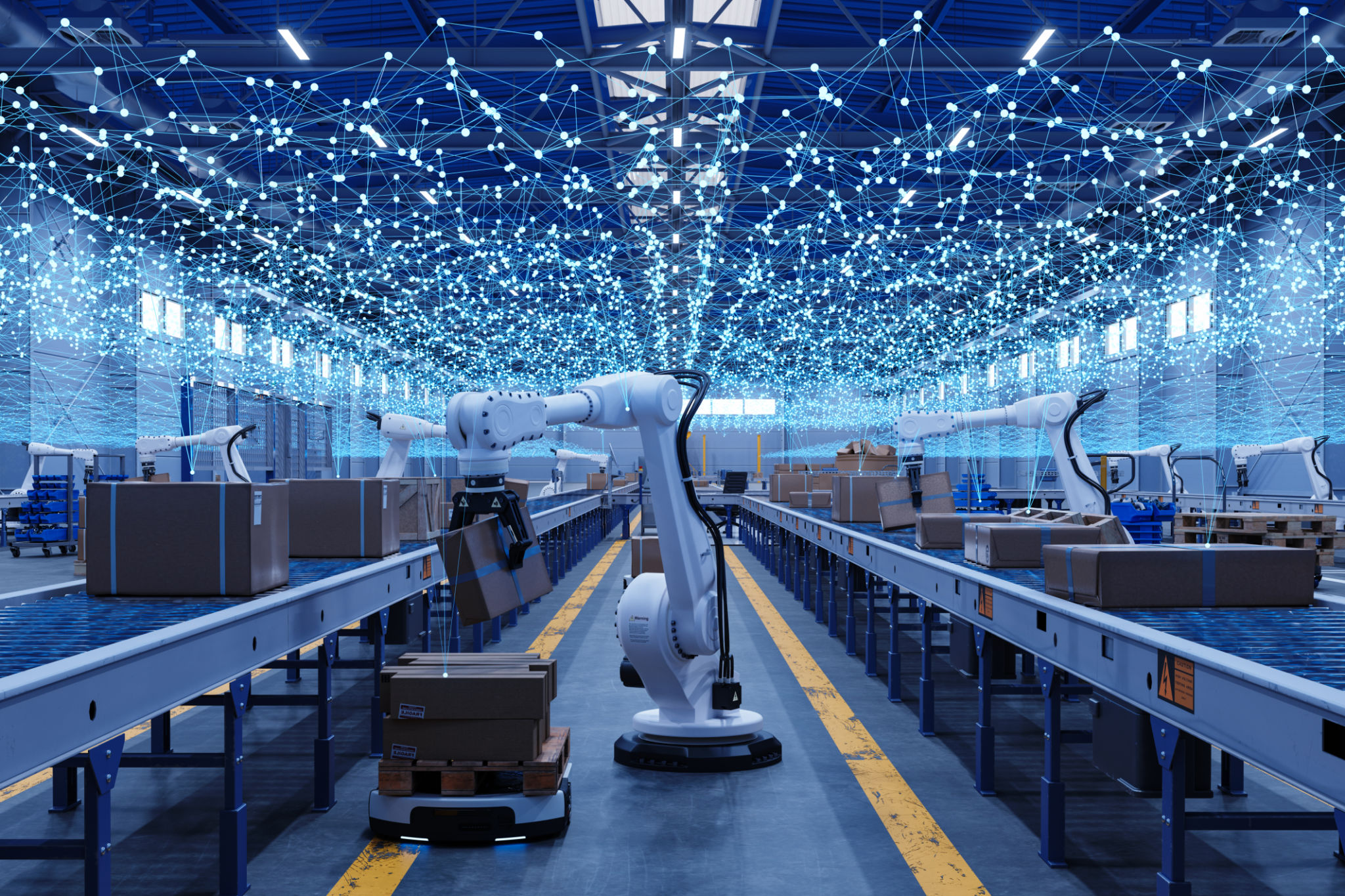The Role of Emerging Technologies in Property Maintenance: Transforming Real Estate Management
Introduction
The real estate industry is undergoing a significant transformation, driven by the integration of emerging technologies into property maintenance and management. These advancements are not only enhancing operational efficiency but also elevating the tenant experience. As property managers and owners seek innovative solutions, understanding the role of these technologies is crucial for staying competitive in the market.
The Rise of Smart Home Technology
Smart home technology is revolutionizing property maintenance by providing real-time data and automation capabilities. Devices such as smart thermostats, lighting systems, and security cameras enable property managers to monitor and control various aspects of a building remotely. This reduces operational costs and enhances tenant comfort and safety.

Moreover, smart technologies can predict and prevent maintenance issues before they become significant problems. For instance, smart sensors can detect water leaks or electrical faults, alerting managers in real-time to address these issues promptly. This proactive approach minimizes damage and ensures a safer living environment for tenants.
Leveraging Predictive Analytics
Predictive analytics is another game-changer in property maintenance. By analyzing historical data, predictive analytics tools can forecast maintenance needs, allowing property managers to schedule repairs and replacements more efficiently. This not only optimizes resource allocation but also minimizes unexpected breakdowns.
For example, predictive analytics can analyze HVAC system performance and predict when it might fail, enabling timely maintenance to avoid costly repairs. This approach ensures that systems operate at peak efficiency, reducing energy consumption and associated costs.

Embracing the Internet of Things (IoT)
The Internet of Things (IoT) is playing a pivotal role in transforming real estate management. IoT devices collect and share data across various building systems, providing insights that were previously unattainable. This connectivity facilitates seamless communication between devices, enhancing building automation and control.
Property managers can use IoT to optimize energy usage, monitor building health, and improve security measures. For instance, smart meters can track energy consumption patterns, allowing managers to implement energy-saving strategies and reduce utility expenses.

Virtual Reality and Augmented Reality
Virtual Reality (VR) and Augmented Reality (AR) are redefining how property maintenance is approached. These technologies offer immersive experiences that aid in training, planning, and executing maintenance tasks. VR can simulate real-life scenarios for training maintenance staff, ensuring they are well-prepared for on-site challenges.
AR, on the other hand, provides on-the-job support by overlaying digital information onto the physical world. Maintenance workers can access step-by-step instructions and schematics directly through AR devices, reducing errors and increasing efficiency.
Conclusion
The integration of emerging technologies into property maintenance is reshaping the real estate landscape. By adopting smart home technology, predictive analytics, IoT, VR, and AR, property managers can enhance operational efficiency, reduce costs, and improve tenant satisfaction. The future of real estate management lies in embracing these innovations to create smarter, more sustainable buildings.
